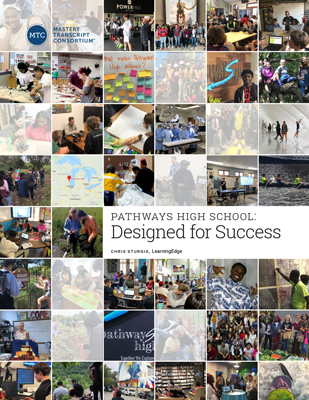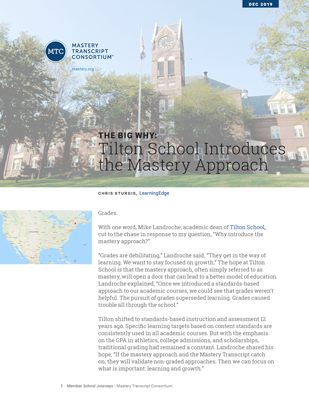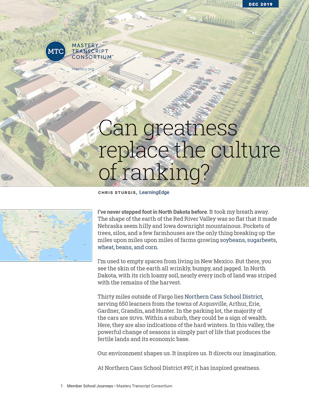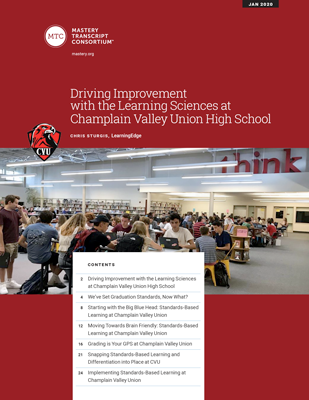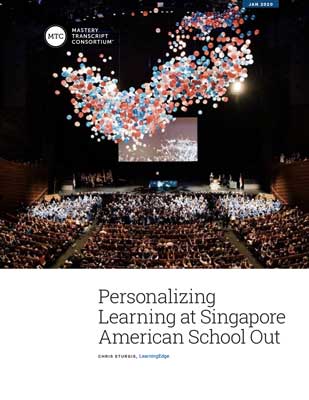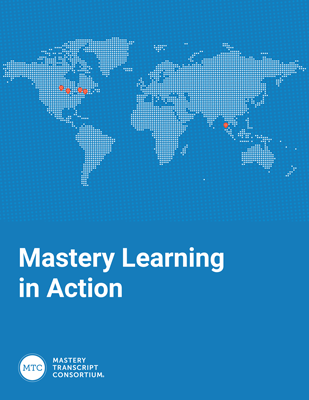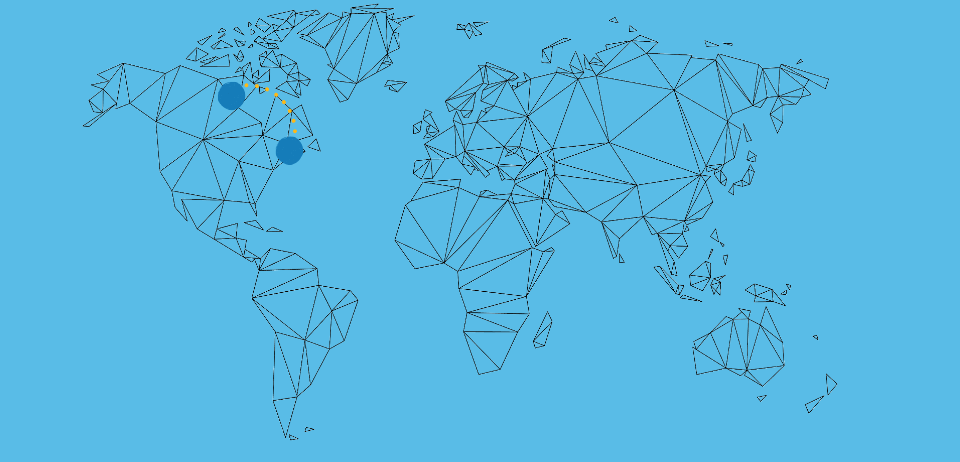Schools eager to make the move to mastery learning understand that the process of change is one that requires commitment, innovation, design thinking, and clearly defined targets for growth.
Grow Your Capacity for Change
Informed through our partnerships with hundreds of member schools, MTC’s Journeys to Mastery Learning (JML) framework articulates a set of core competencies that provide aspirational goals AND practical steps to support school communities in redesigning learning, teaching, and educational systems.
To help members leverage the Journeys to Mastery Learning framework, MTC has developed a tracking and planning tool called MTC Grow. Grow follows the same design principles as our Mastery Transcript and MTC Learning Record.
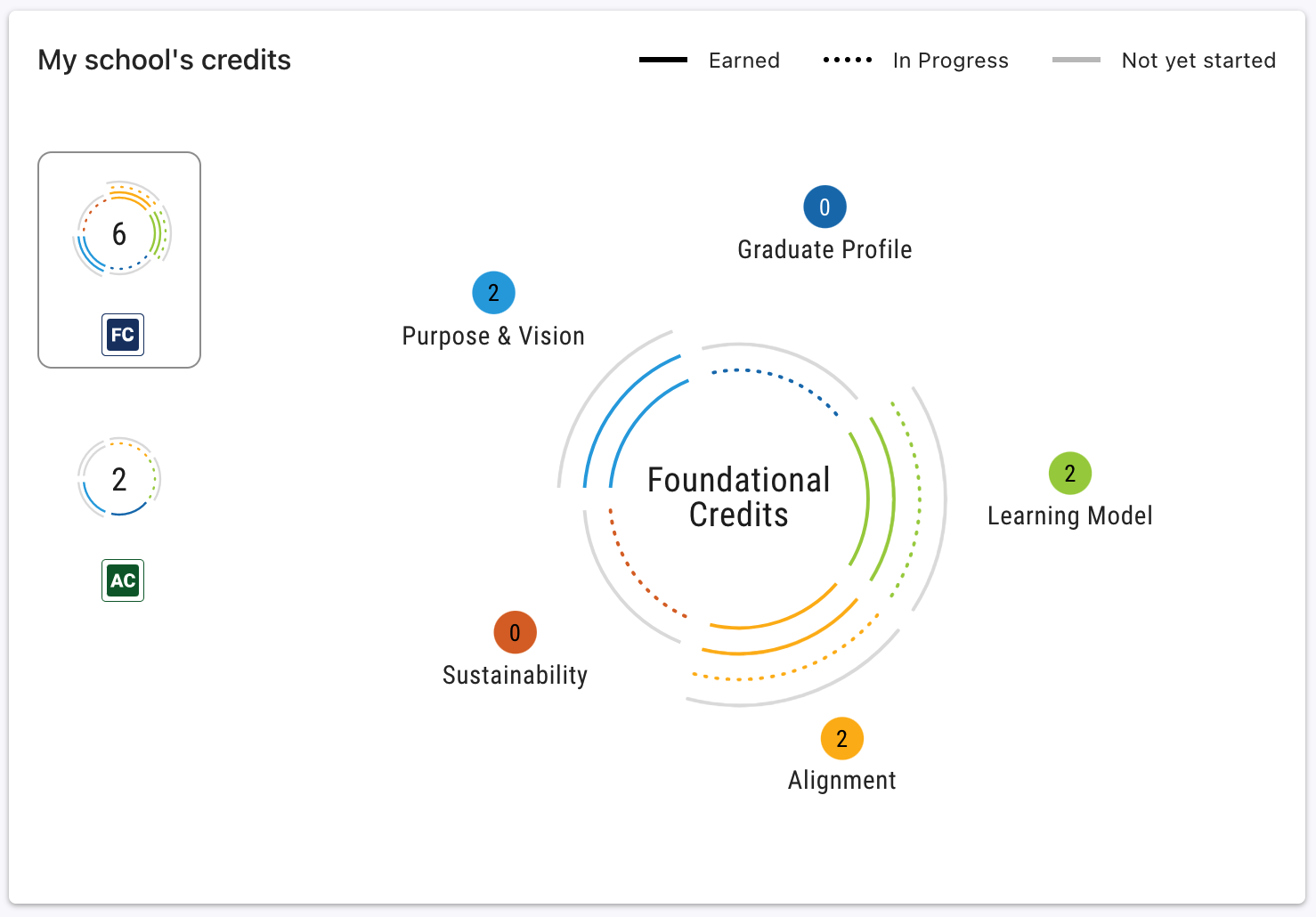
For each competency, schools determine if they have "not started", are "in progress", or have "earned" that credit. To help make this determination, there are descriptions and a curated library of resources from our partner organizations. Schools are encouraged to upload evidence of mastery and associate it with earned competencies as they progress towards a mastery learning model.
Schools use MTC Grow as a guide to determine strategic priorities and as a snapshot to celebrate progress. This collaborative space engages each member of your faculty in the transformation process.
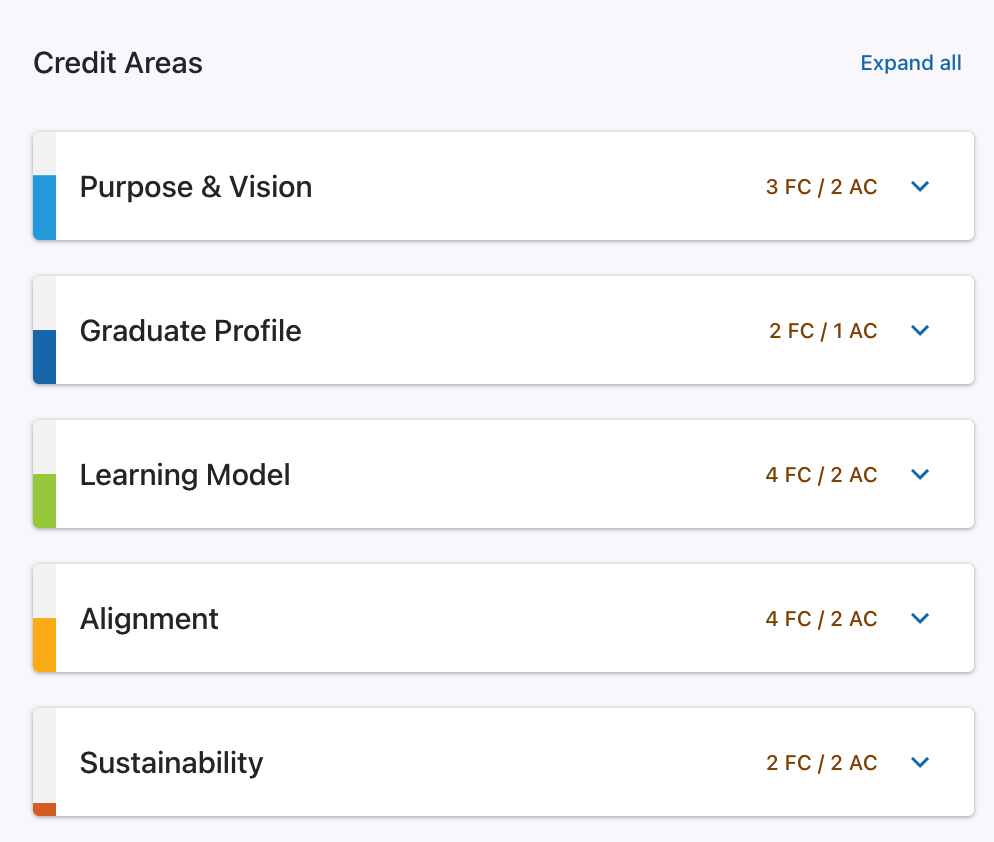
A Roadmap for Transformation
Purpose & Vision: What is your compelling reason to innovate?
Graduate Profile: What will success look like for all learners?
Learning Model: How will learning and teaching need to change?
Alignment: How do school culture, instruction, and structure function to support your learning model?
Sustainability: How will you build capacity to sustain change over time?
JML Case Studies
MTC’s diverse network brings together member schools of all types. MTC presents these member case studies to highlight how different schools have taken similar paths toward mastery learning, but with distinctly different contexts and steps. The insights shared feature their key moves within the JML and offer ideas and inspiration as well as lessons learned along the way.


